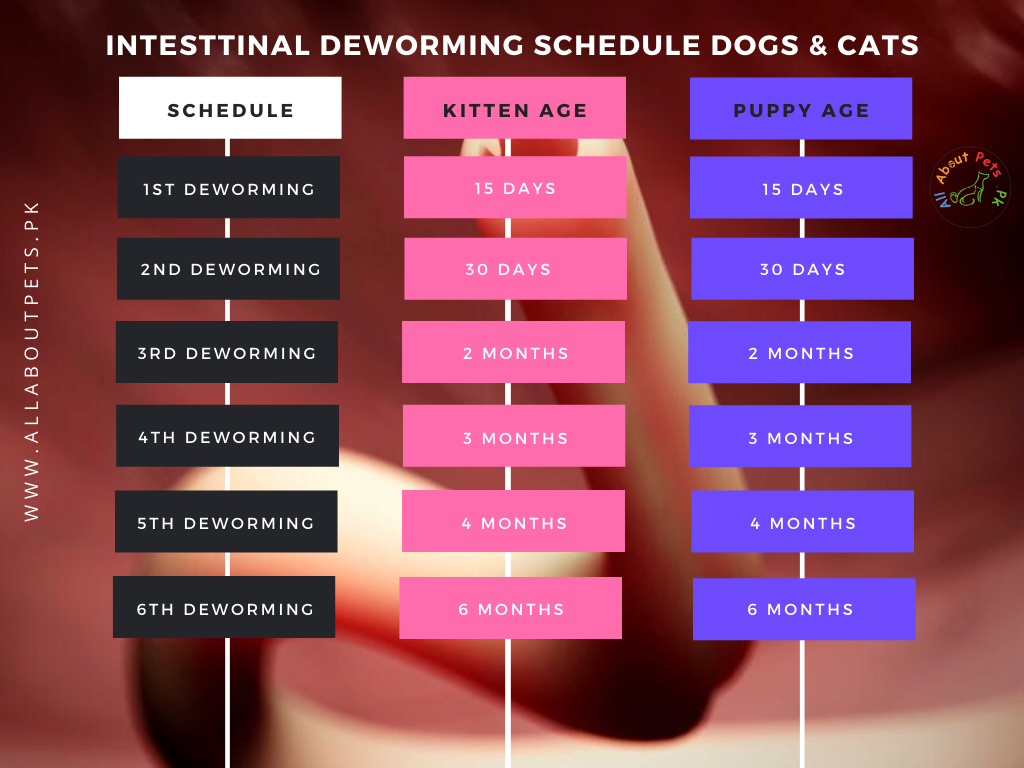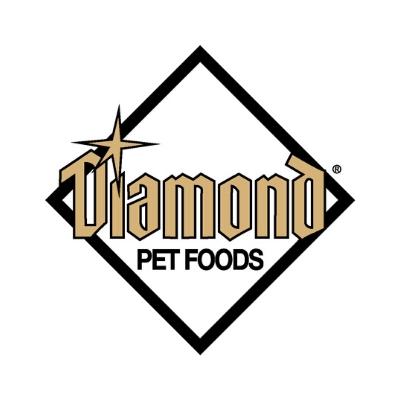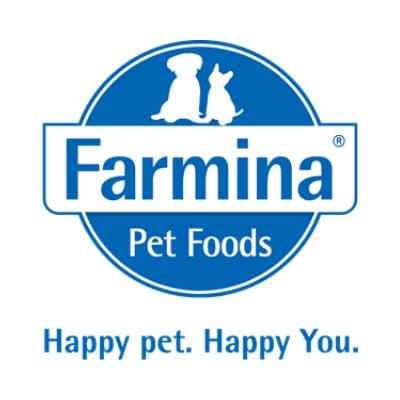The parasites are the most common and the weirdest cause of infections in dogs and cats. These turn out to be troublesomely interfering with your pet’s intestinal motility and cause dysfunction. There are a number of worms that somehow infect your dogs and cats which I will be enumerated below.
Worms infect dogs and cats from the time they are born. Particularly, it won't be wrong to say that these parasites are the real companions of your puppies or the newborn kittens. The question arises why is this so? The answer is extremely simple and lies in the very fact of the placental transfer of these worms in utero. Ultimately, a weak immune system of these newly born cats and dogs makes them more prone to be affected. As in a pet owner, you should be very specifically aware of these four major worms which are enlisted below:
- Roundworms
- Tape Worms
- HookWorms
- WhipWorms
What and why should one know about these 4 major intestinal worms?
Parasites occur in two distinct forms - single-celled protozoa and multicellular metazoa called helminths or worms. Worms are in turn divided into two phyla which are flatworms and roundworms.
Roundworms are weirdest usually causing asymptomatic infections in your cats and dogs
Roundworms are the most common parasites that live in the Intestines and the growth can go up to 3 inches. If not addressed can cause serious health issues to kitten, puppy, dog, or cat. These parasites feed on host cells and then multiply causing damage to intestines.
It is impossible that the puppies are without these parasites as they are transferred mostly to puppies inside the uterus before the birth of puppies. It can also be transmitted into the bodies of newly born puppies through the milk of the mother. In kittens, it is a bit different from that of dogs.
Kittens don't get these worms transferred when they are in uterus and may acquire these while they are being fed by their mothers. Yes, your understanding is correct transfer to the bodies of kittens from mother milk.
These worms can bring about life-threatening conditions for your cats and dogs. As stated these infections are usually asymptomatic but your veterinary doctor may well identify it by some acute symptoms. These include a pot-bellied appearance with dull haircoat, vomiting, and diarrhea, and at times reduced appetite are valid identification points.
Hookworms feed on blood and tissue fluid of the host while sticking to the host’s intestinal wall.
Hookworms, as the name suggests these are having hook-like mouthparts that help them to hook to the intestines and suck the blood from Canines & Felines. They can cause severe damage and result in internal bleeding that may lead to death especially in young puppies and kittens.
Similar to the roundworms, hookworms can be transmitted into the body of puppies before birth or through the milk of the nursing female dog whereas, in cats, it can only be penetrated in the body during the milking period. It is stated that hookworms are more like; ly to affect your dogs than your cats.
Your cat or dog when suffering from hookworms may have anemia and a bloody stool. The presence of hookworm can be identified by the technique called fecal flotation.
Whipworms and tapeworms are termed to be most pathogenic helminths infecting cats and dogs
Relatively fewer chances of infections in dogs and cats as they can neither be transmitted before birth nor through milk. But once they get into the bodies of dogs and cats they stay there, lay eggs, multiply and come out with feces.
Once they get into the environment they are active as soon as any dog or cat ingests them. The eggs go into the intestines and new worms born and the cycle goes on. Tapeworms can also be transmitted through fleas once your dog or cat eats it.
These infections can cause bloody diarrhea, general debilitation, and weight loss. These are identifiable via microscopic examination of the stool. Several drugs are available which would treat these parasites. A suitable one will be suggested by your vet doctor.
How can one identify parasitic infections in cats and dogs?
It's impossible to treat an infection without having profound knowledge about its symptoms and prerequisites. The symptoms are usually the same for the particular infection in both cats and dogs. These are listed below.
- Vomiting
- Diarrhea
- Nutritional deficiencies
- Swollen abdomen
- Laziness
- Dehydration
- Cough (an indication of roundworms and hookworms only)
- Blocked intestine (a sign of severe case, the quick response needed)
- Pneumonia (an extreme case of roundworms)
What are treatment options for such parasitic infections?
The best practice is to follow the periodic chart rather than waiting for the symptoms. Because sometimes dogs and cats don’t show any symptoms.
Below I am mentioning a table following it you will be able to keep your pets free from the bad effects of parasites. It is impossible to get rid of them permanently. It is an ongoing process and a strict following will help you, your pet, and your family.

Just when your cat or dog turns out to be 6 months of age deworm it once every 90 days.
You should follow this protocol for the rest of your pet’s life. In between if you find any symptoms simply repeat the procedure frequently, in about 10-12 days. When all is said and done, reset the scheduled procedure every 90 days.
Why do you deworm after 10-12 days in case you see symptoms far before the scheduled time?
The worms multiply at a faster rate, in this case, we are going to repeat the schedule every 10-12 days because deworming medicines don’t work on eggs. And if the population is high means that there will be a greater number of eggs. Repeating after 10-12 days means that the eggs left behind after deworming will be hatched in that period and repeat deworming will help to get rid of newborn worms. Since they are young so they are no longer able to lay down eggs. In this way, you will be able to pull down the population and then follow the normal schedule every 90 days.
Which deworming medicine to use?
There are many deworming medicines available in the market. Many famous and reliable brands are manufacturing and these are easily available.
No matter which brand you are using. No matter you are using deworming tablets or liquid dewormers. All I suggest is that always use products made specifically to be used as dewormers for cats & dogs. It is observed that many pet owners use cattle or human tablets or liquids instead. It is needed to understand that carnivores have different threats when compared to other living things and the products designed for them are as per their particular needs.
Similarly, there are specific products available to be used in kittens and puppies only up to 3 months old. After 3 months, the same deworming tablets can be used for adults. Don't overdose or underdose and try to follow the guidelines mentioned by manufacturers properly.
It is not possible to get rid of the intestinal worms permanently but to save your pet's life it is mandatory to follow all the protocols strictly.
Happy reading, the pet lovers!













































